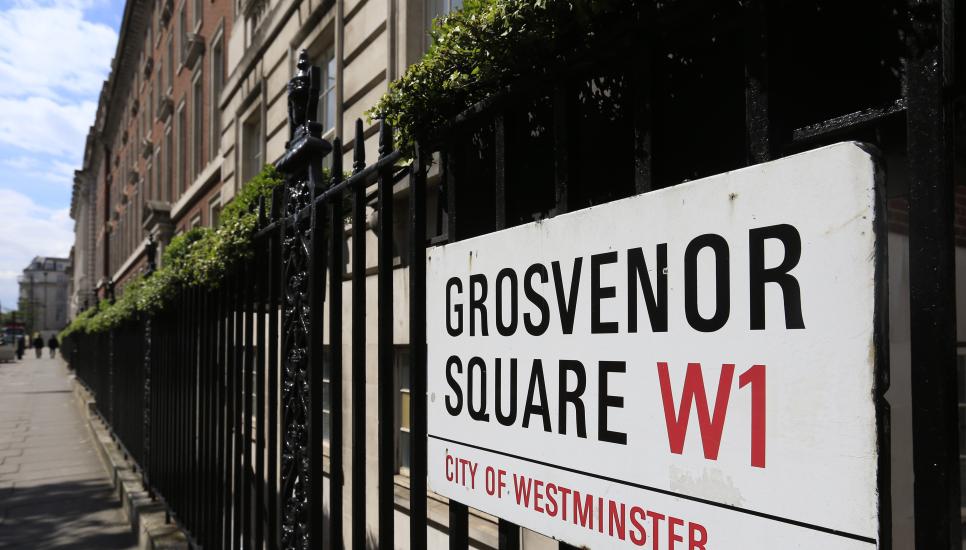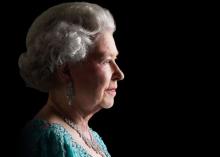Grosvenor Estate tackles Paradise Papers accusations with increased disclosure

One of the UK's most prominent families 'front-footed' many of the media claims made against it leading up to the Paradise Papers data leak – in the process offering an example of how family-owned enterprises can face up to reputation threats.
In a thorough statement on its website published on 26 October, executive trustee of the Grosvenor Estate Mark Preston, addressed many of the “inaccurate” articles.
The non-family chairman's statement addressed the Grosvenor family's offshore and onshore tax liability, the size of its estate, and the amount of inheritance tax paid after the death of the sixth Duke of Westminster last year.
Preston outlined the net assets of the Grosvenor Group, the largest part of the estate that controls the Mayfair and Belgravia estates in central London, and the structure of the estate, including Wheatsheaf Group and the Family Investment Office
The allegations received fresh attention following the publication of parts of the so-called Paradise Papers on 5 November, a cache of 13.4 million leaked files from a combination of offshore service providers and the company registries in 19 jurisdictions.
The Grosvenor family, along with former US commerce secretary Penny Pritzker whose family controls the Hyatt Hotels Corporation, were two high-profile families who held assets in offshore trusts initially named among more than 120,000 people and companies in the leak.
The documents included nearly seven million loan agreements, financial statements, emails, trust deeds, and other paperwork from nearly 50 years at Appleby, a Bermudan offshore law firm, and from a smaller, family-owned trust company, Asiaciti, in Singapore.
 Grosvenor's message on long-term ownership
Grosvenor's message on long-term ownership
As part of Preston's message he underlined the long-term commercial and social benefit derived from Grosvenor Estates' activities.
“The reason that the Grosvenor Estate, like many other family-owned enterprises, hold assets via trusts is to ensure continuity of the ownership and management of the estate across the generations,” he said.
“We are not driven by short-term considerations and this affords us a perspective that we believe to be in the interests of beneficiaries, employees and the communities in which we operate,” Preston added.
“These trusts pay income tax, capital gains tax and inheritance tax. Instead of a payment of 40% inheritance tax upon death, UK trusts pay a rate of 6% every 10 years, because they do not themselves die. This means that over a full lifetime, the trusts will pay this tax many times over,” he said.
Lack of risk management around reputation
Despite the rise in high-profile public leaks, like the Paradise and Panama Papers, almost one in five family offices have no risk management controls around family reputation, the Global Family Office Report 2017 found.
This lack of preparation comes despite 'family data, confidentiality and identity theft', and 'family reputation' being two of the top three risk factors listed by family offices in the report.
International tax expert Philip Marcovici has previously warned that public reaction is fuelling an uncoordinated and dangerous move towards more disclosure requirements and complexity. He feels it is about time that wealth owners and the wealth management industry took a proactive role rather than defending the past.
“Income and wealth inequality, tax evasion, corruption, the human right to privacy and many other issues need urgent and sensible attention. Good advisers will be looking to not only react to the current situation, but to anticipate what is to come,” he said.






